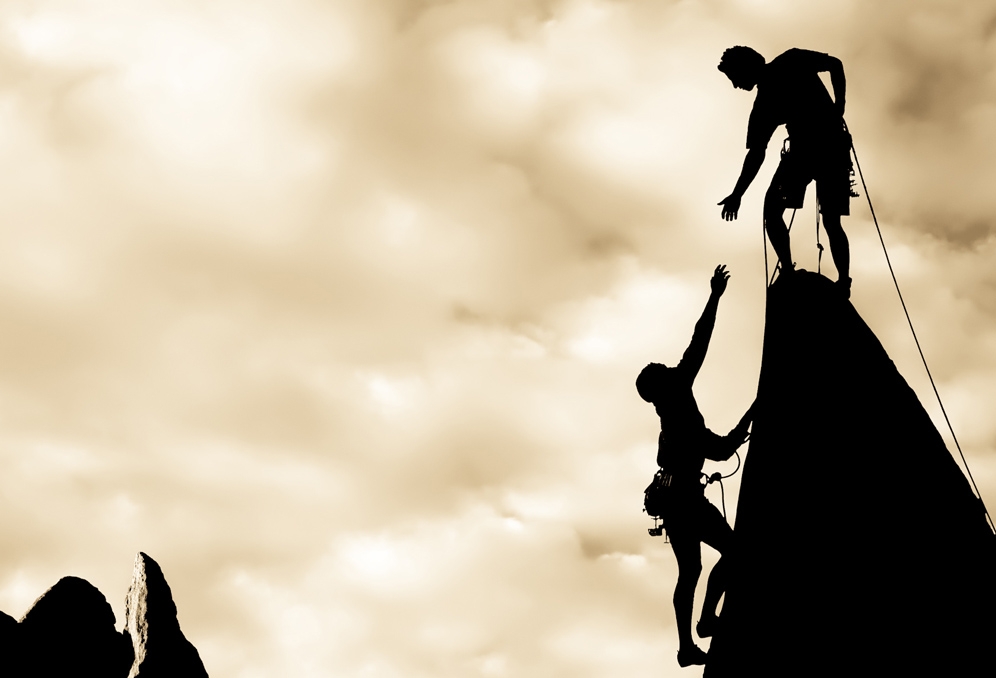
Surviving myself and leaving a lasting legacy means creating change.
We all have significant influence, some more than others. Regardless of the bandwidth of your circle, your ability to leave an impression on those you come across can and will make a difference in someone’s life. You always leave some kind of an impression others.
Author John Maxwell said itbest when he said leaders often put their energy into organizations, buildings, systems or other lifeless objects. But only people live on after we are gone, everything else is temporary.
Most of us don’t have a real concrete plan for leaving a lasting legacy, and the overwhelming majority of people believe that legacy is primarily a monetary issue. For many, legacy is only considered when their health begins to fail or when they get near the end of their life.
People certainly have many different views on legacy. For most people, it means funding a charity or starting a foundation. For others, it means giving time, such as working with a nonprofit board for something meaningful, to their beliefs. For still others, it means something bigger than money and time, it means creating change, long-term change.
There are major differences between funding change, being part of change and creating change. The main differences are time and vision.
Ralph Waldo Emerson said, “Every man is a quotation from all his ancestors.” Whatever your beliefs on legacy, there is no question that lasting legacy can be something that survives you and your financial contribution.
Few leaders in this world fully understand their position of influence with each of their constituents, and even fewer have a deliberate plan to increase their influential effectiveness with others. I believe that, in most cases, this is just an awareness issue. But once you are aware? Well, then it becomes your choice. Your individual choices show what you really are. “Your life is a sum of all your choices,” according to French novelist Albert Camus. And how true that is.
People with influence wield a certain power, and it is this power that can be used very positively for good. Certainly, one of the best examples of this is the influence you have if you are a parent. Like it or not, the things you say, the things you do and the things you believe in all mold your children into who they are. Your relationships with your spouse, your family and your friends say volumes about who you are. Your actions are much more powerful than what you say.
What choices could you make today that would positively affect the future tomorrow? What are you creating that could impact the world for decades or centuries? What are you doing to empower others? These are questions you should ask yourself.
Martin Luther King Jr. once proclaimed, “Our lives begin to end the day we become silent about things that matter.” King was absolutely right — the day that we stop speaking for the underprivileged or the forgotten, or those who are struggling to make ends meet and social issues that matter, is the day we lose the essence of who we are.
Life is really lived forward and understood backwards. We have all heard the stories of regret at the end of people’s lives. What’s the true purpose of having 60, 80 or even 100 years of life? Is it just to acquire enormous wealth and experiences? Would that be truly fulfilling?
Legacy-building is about the big picture. It focuses us on the long term and gives us values by which we can judge our actions. If you are in a role of power and influence, who will you pass it on to? Do you believe this is a responsibility of leadership?
Don’t take knowledge with you. Share knowledge that you have gained in your lifetime. Responsible leaders help others shift their values, habits and practices and priorities to accommodate changing conditions and new demands.
One easy way to do this is by mentoring or coaching someone. As a young man, I was the recipient of mentoring, and for me it was life-changing. Just a couple hours a month for more than 10 years significantly changed how I viewed the world. I moved from being a consumer to a being a producer. Because of mentoring, businesses were started, jobs were created and many lives were changed. Words of encouragement can be powerful. Solutions to problems, constructive criticism, and questions to learn by — those are developmental. My mentor, Charlie Dunlap, and I still meet regularly.
We are talking about legacies that make life better for those who come after us. Not about our own fame or recognition, but about helping others. After all, we won’t be around to watch our legacy. To build that which will last beyond us is selfless, and living with that in mind breaks the power of selfishness that tries so desperately to engrain itself in our lives.
Whatever you decide, your legacy should be a labor of love, not a chore. If you exert even a small degree of influence on others, you can affect change. The same is true for others exerting influence on you.
Legacy can be left easily with a good plan, and by empowering people with a socially responsible vision. Leaving a lasting legacy matters. Everyone has something to say and something to give. The opportunities are endless.

